When asked about college, there are three things that come to mind:
1. My amazing friends who have forever changed my life.
2. Late night laughter and fun.
3. Papers on papers on papers.
Thinking that, coming into college, you'll write a lot of papers is an understatement. To all you science majors, don’t think you’ve lucked out. From general education requirements to lab reports, you’ll still have your fair share of writing to do. Writing is an inevitable part of college and life—so you’re going to have to learn proper writing, whether you like it or not.
Since some of you, crazily enough, don’t study grammar for fun and enjoyment (I am not ashamed of my inner word nerd), I figured I’d help you out. From my job as an editor and my experience as an SAT tutor, I’ve compiled some of the most essential writing tips that will take your writing from adequate to extraordinary.
1.Know Your Homophones—and know the difference.
Their is nothing more unattractive then using words that sound the same, but mean different things, the wrong weigh. I cannot tell you how often I’ll edit an article or a friend’s paper, only to see that person mixing up their homophones. Below I’ll discuss the deadliest homophones out there, and how you can avoid making these mistakes ever again.
They’re vs. Their vs. There
This is probably my biggest pet peeve among homophones. The first in the series, “they’re,” is a contraction of “they are.” In context, it’d look like this:
They are [They’re] the ones who always blast their music late at night.
Then, you have “their.” “Their” is a determiner, so it always precedes a noun. If it refers to an object, use “their”:
Their house always looks so lovely and clean!
Finally, you have “there.” I generally describe “there” as the word to use when the other two don’t seem to fit. It is an adverb used particularly for the placement of an object (ex. Over there) or an exclamation (ex. “Hey there!”).
Affect vs. effect
I personally struggled with affect and effect for quite a while. While not an official rule, since there are certainly exceptions, a general rule of thumb is to think of “affect” as a verb and “effect” as a noun. The easiest way to remember this is the phrase “I affect an effect” and the idea of a before e.
Then vs. than
Another tricky one, “then” is used always in reference to timing, while “than” is a comparative. So whenever you’re comparing anything (ex. More or less) use “than.” However, if you first did one thing, then you use “then” to describe the next. See how simple?
2. If you can’t say it in one breath, it’s a run-on.
I know this isn’t the best answer to how to avoid run-ons, but it’s my go-to rule. Typically, you shouldn’t have any conjunction more than once or twice. Never say “I did that and then this and then another thing.” If you have a long paragraph with only two sentences, you probably have some run-ons. Plus, it's stylistically more pleasing to mix up long and short sentences. Look at the two examples below:
“Jeremy was covered in sweat. Part of it was due to the heat wave that always happens in southern Florida. The other part was due to the fact that Jeremy stood, covered in blood, with the murder weapon clamped in his extremely clammy hands.”
Versus
“Jeremy was sweating and it was partially due to the heat but also partially due to the fact that he was standing in front of a dead body and he had the murder weapon clamped in his extremely clammy hands.”
Run-ons get very boring very fast. To keep your reader entertained, you need to mix it up.
3. We is tired of reading improper subject/verb agreement.
Let me first preface this saying that few people make a mistake as glaring and obvious as “we is.” However, people quickly get confused with me versus I, he versus him, and we versus us. My best suggestion, when having two words, is to take out the more obvious word. For example, while “you and me are going to the store” may sound correct, “me are going to the store” clearly doesn’t work. It’s simple mathematics: subtract a word and you’ll quickly know what you need to do.
4. You aren’t a time traveler, so don’t let your writing indicate otherwise.
There are few things more confusing than a sentence that jumps from past to present to future. If you’re writing a paper, pick one tense (typically you should use the active tense) and stick with it. So instead of saying:
“Jane woke up this morning, with a massive headache and an even larger sense of shame and regret. She walks to her mirror, and will stare at her reflection. She ruminated over the events of the past night.”
Keep it consistent:
“Jane woke up this morning, with a massive headache and an even larger sense of shame and regret. She walked over to her mirror, and stared at her reflection, ruminating over the events of the past night.”
5. If it doesn’t sound right saying it aloud, it probably isn’t.
Reading a sentence or paper aloud is probably the best editing tool out there. If something seems funny out loud, it most likely sounds funny to whoever is reading it. Be wary of this technique, however, since there are certain exceptions to the rule (aka slang). Although the phrase, “all the data are stored on that drive,” may sound quite funny, it is technically correct. Though we typically say the phrase “my data is full,” the word “data” is technically the plural of datum, and, as such, requires the verb “are.”
6.Thesaurus.com is your best friend.
Don’t be daunted by your fellow peers flowery language in their papers. It’s not genius that allows them to casually drop words like “superfluous” and “paradigm,” it’s called resourcefulness (aka Thesaurus.com). I cannot emphasize enough how often I lean on thesaurus.com to avoid dropping the word “said” over fifty times in a paper. At the end of almost every paper I write, I always pull up thesaurus.com and replace some of my most mundane words with their more academic counterparts.
Grammar is a precise form of art and it easily gets tricky. Hopefully these tricks will help elevate your writing to the next level just in time for the onslaught of college papers. Happy writing all you grammarians!


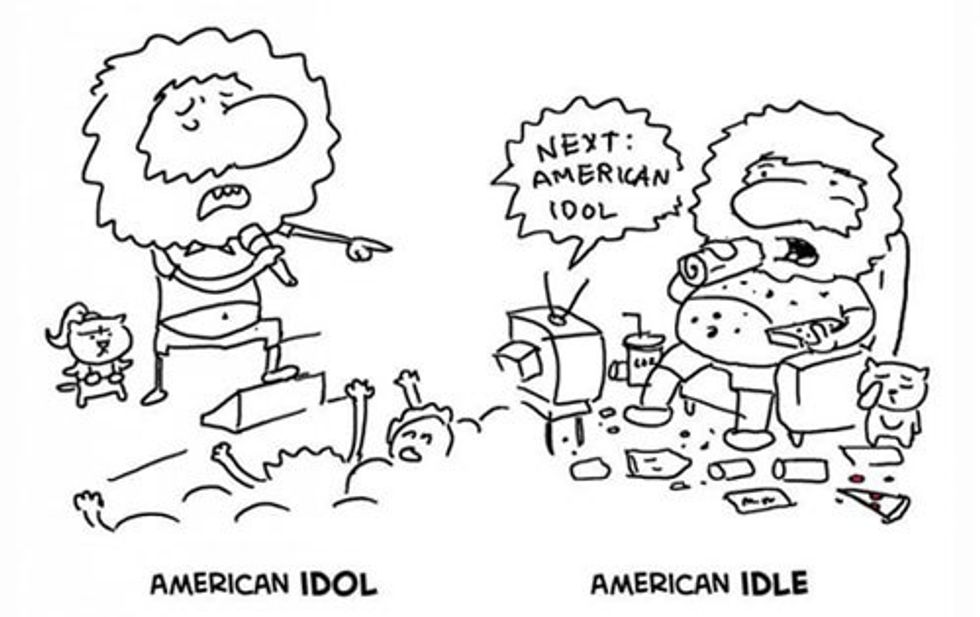
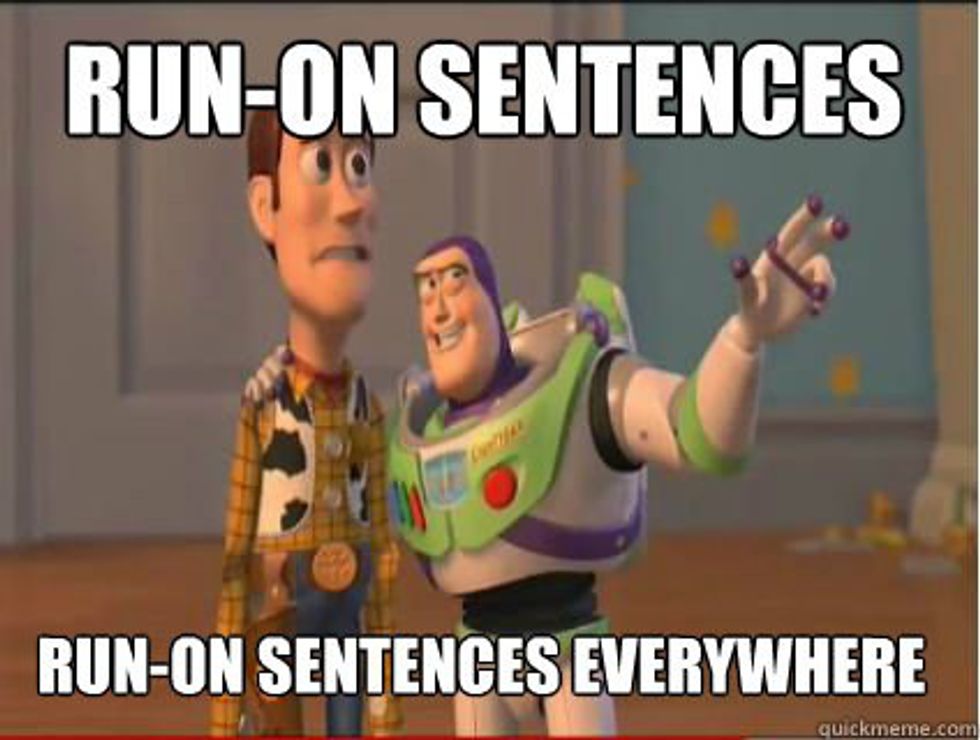
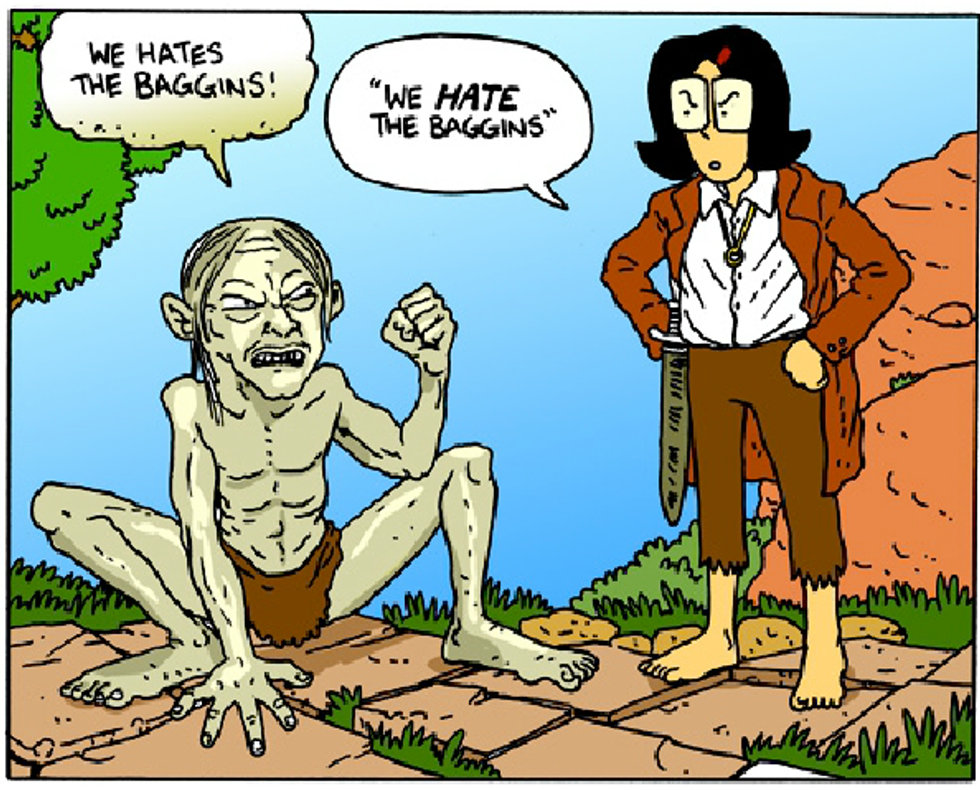
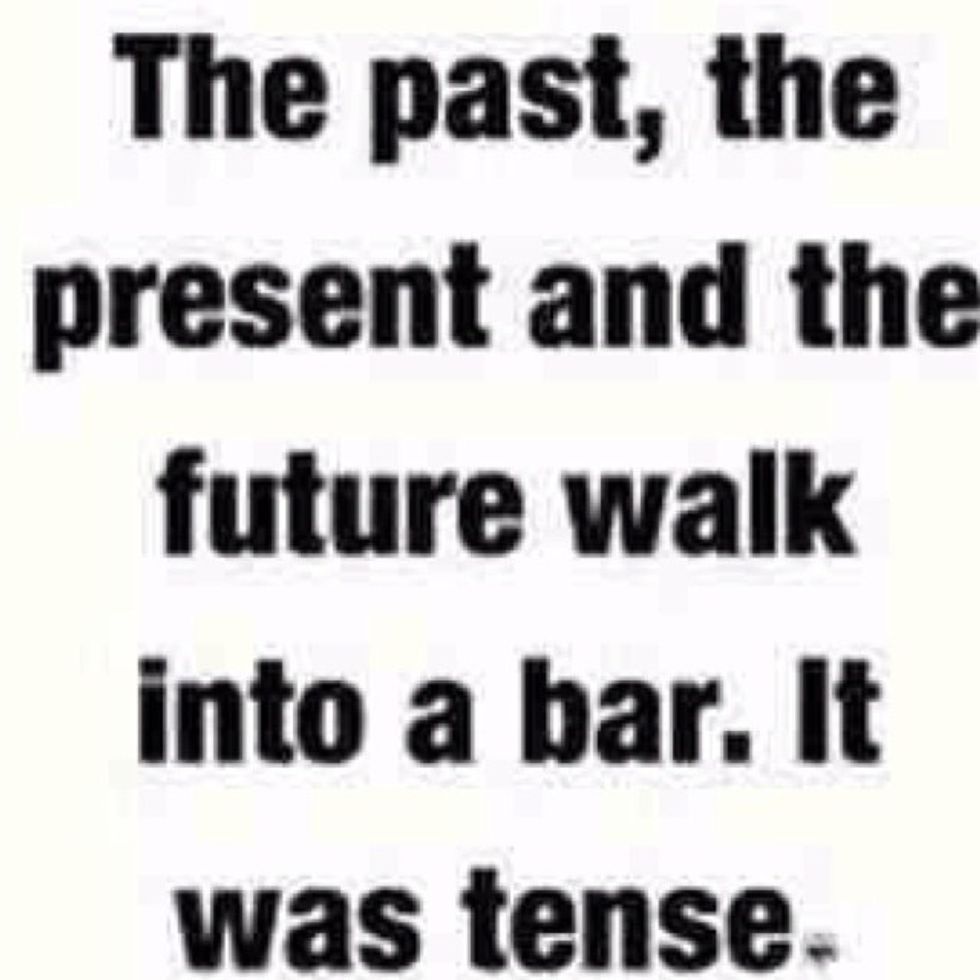
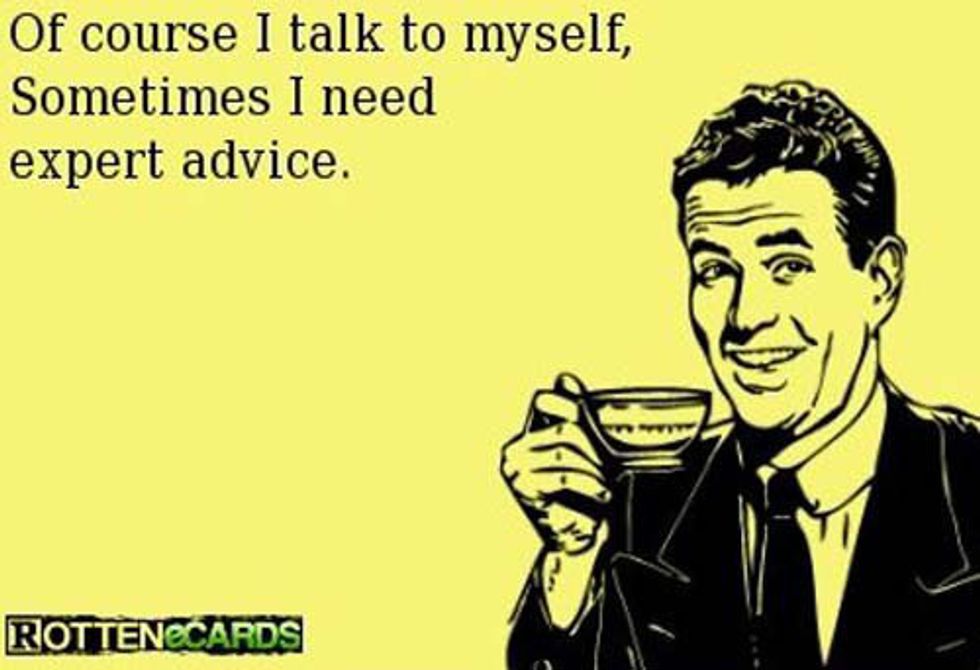



















 sunrise
StableDiffusion
sunrise
StableDiffusion
 bonfire friends
StableDiffusion
bonfire friends
StableDiffusion
 sadness
StableDiffusion
sadness
StableDiffusion

 purple skies
StableDiffusion
purple skies
StableDiffusion

 true love
StableDiffusion
true love
StableDiffusion
 My Cheerleader
StableDiffusion
My Cheerleader
StableDiffusion
 womans transformation to happiness and love
StableDiffusion
womans transformation to happiness and love
StableDiffusion
 future life together of adventures
StableDiffusion
future life together of adventures
StableDiffusion





















